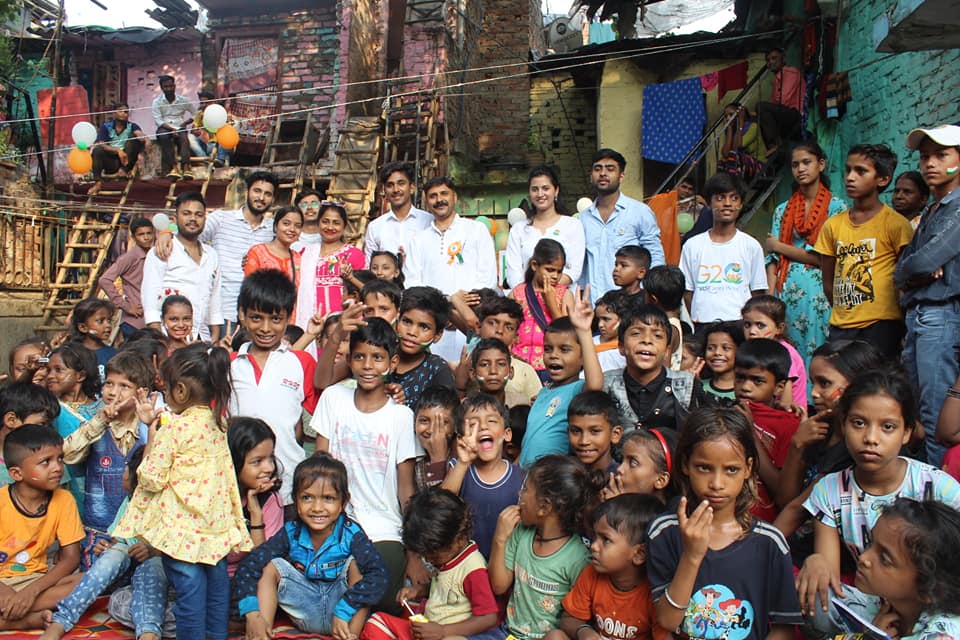Education is often referred to as the key to unlocking opportunities, and for children in slum areas, it can be a transformative force that opens doors to a brighter future. Unfortunately, many children living in underprivileged communities face significant barriers to accessing quality education. However, when given the opportunity, education becomes a powerful tool for breaking the cycle of poverty and creating lasting change.
Breaking the Cycle of Poverty
Children in slum areas are often born into poverty, and without education, they are at risk of staying in this cycle throughout their lives. Without access to proper schooling, many children end up working in low-paying jobs or joining the informal sector, which limits their chances of improving their living conditions. Education offers them an alternative path, providing knowledge, skills, and opportunities that can lead to better job prospects and an improved quality of life.
Building Confidence and Self-Worth
Education not only imparts knowledge but also helps build a child’s confidence. When children in slums attend school, they gain a sense of purpose, belonging, and pride. This helps them develop self-esteem and motivates them to pursue their dreams. Education nurtures hope and shows them that they are capable of achieving more than their current circumstances.
Breaking Gender Barriers
In many slum communities, girls face the additional challenge of gender discrimination. Often, they are expected to take on household responsibilities and are discouraged from attending school. Providing education to girls is a powerful tool for empowering them and promoting gender equality. Educated girls are more likely to contribute to their communities and families in meaningful ways, and they are more likely to ensure that their own children receive education as well.
Improving Health and Well-Being
Education plays a critical role in improving health outcomes. Children who attend school are more likely to understand the importance of hygiene, nutrition, and overall well-being. This knowledge helps them lead healthier lives and pass on these lessons to their families. Furthermore, educated individuals are more likely to seek medical care when needed, which can significantly improve their quality of life.
Fostering Social Change
Education helps slum children become more aware of their rights and the world around them. This awareness empowers them to advocate for themselves and their communities. As they grow older, educated children are more likely to engage in social and political activities, striving for change in their communities and beyond. By educating the next generation, we are creating future leaders who can drive social progress and contribute to building stronger, more resilient communities.
A Pathway to Sustainable Development
When slum children receive a quality education, they are equipped with the skills to contribute to the economy. Education helps break down barriers to employment, leading to greater economic independence and stability. In the long run, a more educated workforce contributes to the development of the nation, improving both individual and societal prosperity.
Conclusion
The power of education to transform lives is undeniable. For children in slum areas, education is more than just a way to learn—it is a pathway to a better life. By providing these children with access to education, we are not only giving them the tools they need to succeed but also building a foundation for a more just and equitable society. Every child deserves the opportunity to learn, grow, and shape their future, and with the right support, they can overcome the barriers they face and create a better tomorrow for themselves and their communities.


